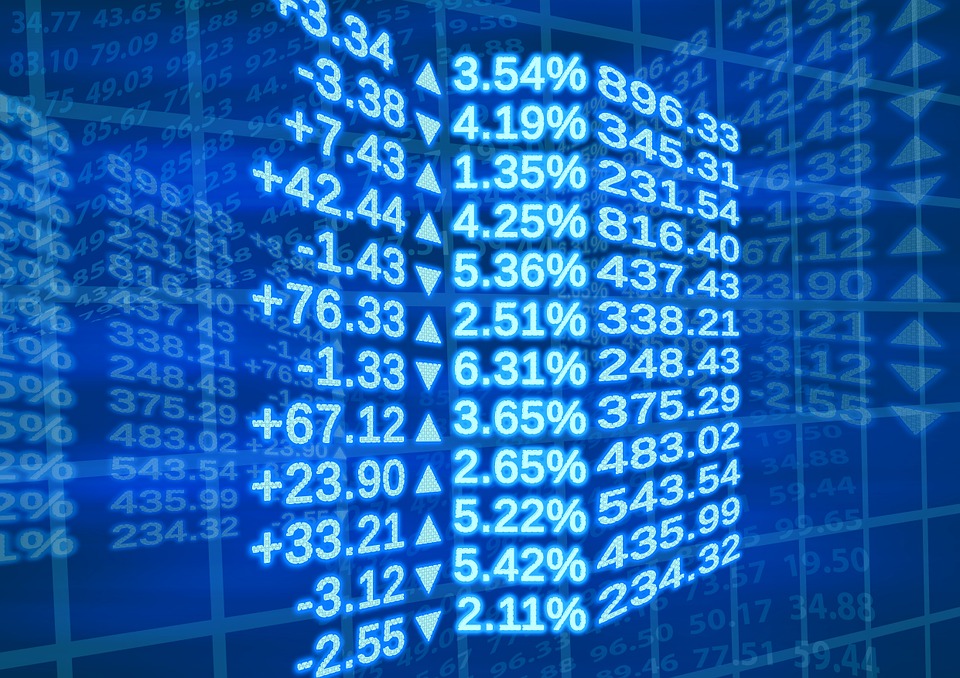GLOBAL MARKETS-Asian stocks extend global slide as inflation fears bite
The safe-haven yen bounced off its lowest since February of last year at 112.08 per greenback on Thursday to last trade at 111.21. The risk-sensitive Australian dollar slipped 0.26% to $0.72075, edging back toward a one-month low of $0.71705 reached mid-week.

Asian equities followed Wall Street sharply lower and bonds rallied on Friday, as risk sentiment soured amid growing worries that inflation may persist even after global growth has peaked. Japan's Nikkei tumbled 2.52% to the lowest level since Sept. 3, while Australian stocks slumped 2.02%, South Korea's Kospi lost 1.50%, and Taiwan's benchmark dropped 2.18%.
An MSCI index of Asia-Pacific stocks slid 1.33% to its lowest since Aug. 24. Chinese markets are closed for a week from Friday for the Golden Week holiday.
"You can argue whether it's stagflation or not, but the whole growth-inflation backdrop seems to have just tilted to a less favorable one," said Rob Carnell, Asia-Pacific head of research at ING in Singapore. "Whether or not this is going to get imbedded and create problems for years to come, we don't need to know right now - it's sufficiently scary that what we're seeing in markets is justified."
U.S. stock futures pointed to a 0.60% decline for the S&P 500, following a 1.19% drop in the index overnight that punctuated its worst month since March of last year. Nasdaq futures also signaled a 0.61% retreat, adding to Thursday's 0.43% loss.
MSCI's gauge of stocks across the globe shed 0.27% on Friday to touch the lowest since July 20. Meanwhile, the benchmark 10-year Treasury note continued to rally in Tokyo trading, with the yield sliding to the lowest since Sept. 28 at 1.4754%. It was at a more than four-month peak of 1.567% just three days earlier.
The dollar index, which measures the currency against six major rivals, was off Thursday's one-year high of 94.504, last changing hands at 94.286. The safe-haven yen bounced off its lowest since February of last year at 112.08 per greenback on Thursday to last trade at 111.21.
The risk-sensitive Australian dollar slipped 0.26% to $0.72075, edging back toward a one-month low of $0.71705 reached mid-week. Federal Reserve Chair Jerome Powell said on Wednesday that resolving "tension" between high inflation and high unemployment is the Fed's most urgent issue, acknowledging a potential conflict between the U.S. central bank's two goals of stable prices and full employment.
A Federal Open Market Committee meeting last week reinforced expectations for asset purchase tapering to start in November, with rate hikes following as soon as next year. The latest clues on the Fed's policy normalization path come with U.S. personal spending and core consumption deflator data later in the day.
"Rising employment costs and high inflation expectations suggest a sharp fall in inflation in line with the FOMC's transitory narrative is increasingly unlikely," strategists at Commonwealth Bank of Australia wrote in a client note. China has proved another particular worry for investors: the economy took a hit from regulatory curbs in the tech and property sectors and is now grappling with a power shortage that threatens to push up energy prices globally.
However, crude prices continued to ease on Friday after Brent topped $80 a barrel earlier in the week for the first time in three years. Brent crude futures slipped 0.22% from Thursday to$78.14, while U.S. crude futures fell 0.25% to $74.83.
Gold, an inflation hedge and haven, edged back 0.3% to $1,751.43 an ounce, following Thursday's 1.77% surge, the biggest since March.
(This story has not been edited by Devdiscourse staff and is auto-generated from a syndicated feed.)
ALSO READ
EXCLUSIVE-U.S. sanctions hamper Russian efforts to repair refineries, sources say
COLUMN-U.S. manufacturers emerge from slump, set to boost fuel use: Kemp
Euro zone yields fall after U.S. jobless claims rise
Euro zone bonds hold steady before key U.S. jobs report
EXCLUSIVE-U.S. Justice Department to meet Boeing fatal crash victims' lawyers










